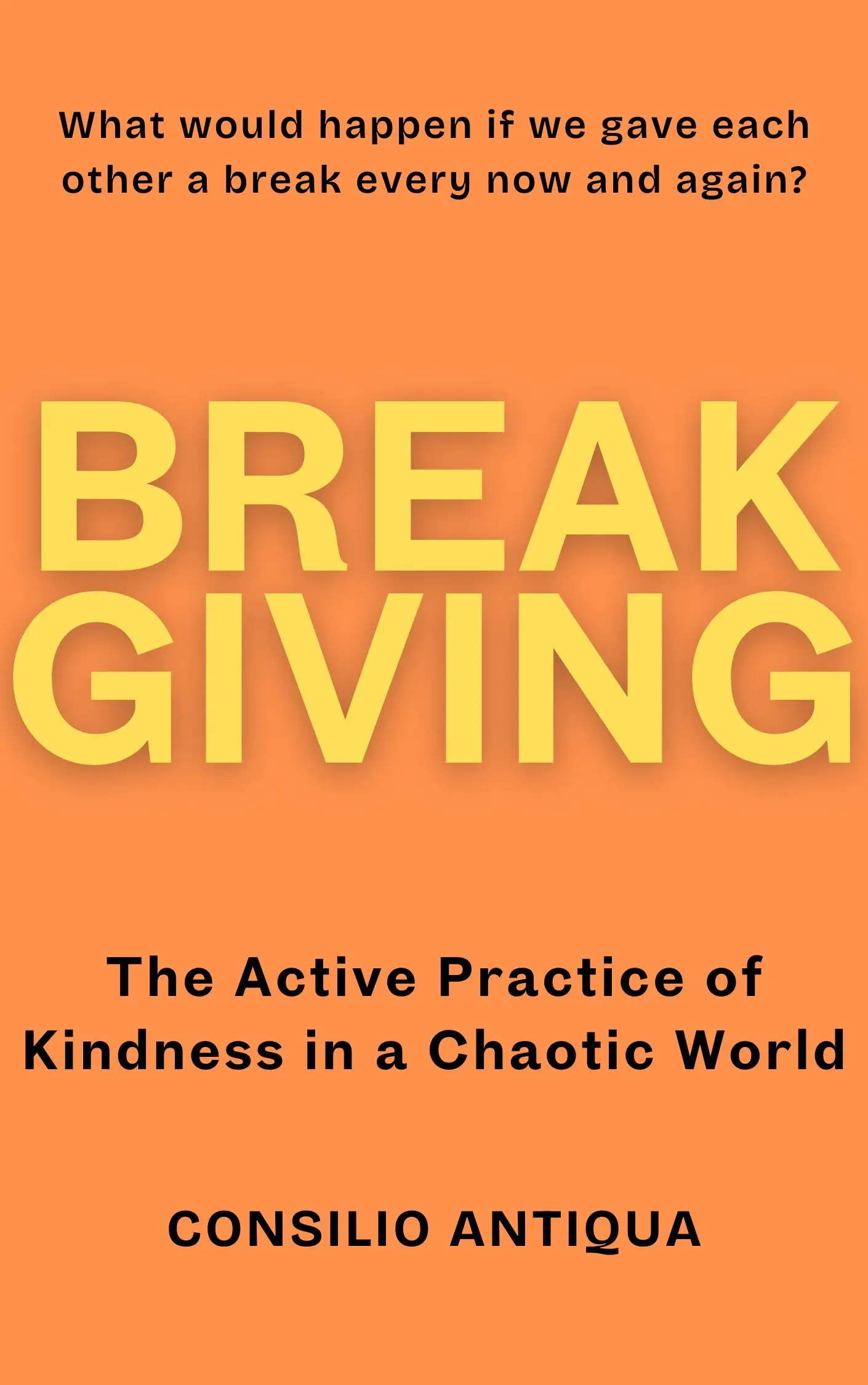
Breakgiving | Chapter Biography: Desmond Tutu
Chapter Biography: Desmond Tutu
Desmond Tutu, a name synonymous with forgiveness and reconciliation, stands as a beacon of hope amidst the darkest chapters of human history. His life, a vibrant testament to the power of the human spirit, offers a profound lesson in the art of giving others—and oneself—a break. His leadership during South Africa's tumultuous journey towards a post-apartheid future reveals the transformative potential of empathy, compassion, and the active practice of forgiveness. It’s a story that whispers to us, reminding us that even in the face of unimaginable suffering, the threads of shared humanity can be woven into a tapestry of grace.
Tutu's early life, though marked by the racial injustices of apartheid, was steeped in the warmth of faith and the wisdom of his family. His teachers, recognizing a spark of intellect and compassion, nurtured his spirit, laying the foundation for the courageous leader he would become. He discovered a calling in the church, a place where the words of hope and love echoed amidst the harsh realities of a segregated society. His path was far from easy. He witnessed the dehumanizing practices of apartheid firsthand, the crushing weight of systemic oppression that sought to stifle the very essence of human dignity. Yet, in the depths of this darkness, a resilience bloomed within him. It was a resilience anchored in an unshakeable belief in the inherent worth of every individual, a belief that fueled his commitment to fight for a more just world.
Tutu’s voice became a clarion call for justice, a powerful instrument that echoed across the land, challenging the foundations of apartheid. He dared to speak truth to power, denouncing the cruelty and injustice that permeated South African society. His words, sharp as a diamond yet gentle as a summer breeze, resonated with a yearning for equality, for a society where every human being could stand tall with dignity. His unwavering dedication, coupled with his capacity to see the humanity in everyone, even those who perpetuated the system of oppression, forged a unique path of resistance. He recognized that the fight for justice must not be fueled by hatred or a desire for retribution, but rather by an unyielding commitment to the principles of love, compassion, and justice.
The establishment of the Truth and Reconciliation Commission (TRC) marked a pivotal moment in South Africa’s history—a chance to confront the past, acknowledge its wounds, and begin the arduous process of healing. Tutu, at the helm of this momentous endeavor, understood that true reconciliation demanded more than just legal justice. It required a willingness from both victims and perpetrators to engage in a difficult, often painful dialogue. He recognized the need for individuals to give themselves, and others, a break—a chance to acknowledge the hurt, the pain, the deep-seated trauma that had scarred the nation. He understood that the road to reconciliation would be paved with vulnerability, acknowledging that even those who had inflicted immense suffering were, in essence, human. They were individuals who had also been shaped by complex circumstances, by the very system they had helped perpetuate.
Tutu’s philosophy of forgiveness was not a passive act of forgetting. It was a conscious choice, an active practice that demanded courage and a profound understanding of the human condition. He believed that forgiveness was not about condoning past wrongs but about freeing oneself from the chains of bitterness and resentment. Forgiveness, he taught, allows us to move beyond the past and build a future founded on love and understanding. This is a profound illustration of Breakgiving—offering grace, not as a sign of weakness, but as a courageous act of liberation. In the context of the TRC, it meant giving both victims and perpetrators of apartheid a chance to acknowledge their roles, to find healing, and to create a space for a new future.
The legacy of Archbishop Desmond Tutu continues to ripple across the globe, a testament to the enduring power of compassion and forgiveness. He reminded us that giving others a break is not about excusing their actions; it’s about creating a space for growth, for transformation, for a chance at a new beginning. His life’s work serves as a powerful reminder that empathy and understanding are not just abstract concepts, but potent tools for building a more just and peaceful world. His journey reminds us that the path of Breakgiving, though challenging, is a path worth traversing.
As we reflect on Tutu’s life and legacy, a question echoes: How can we, in our own lives, embrace the principles of Breakgiving? How can we find the courage to offer others and ourselves a break in the face of hurt, disappointment, or disagreement? How can we foster a culture of understanding, where empathy and compassion become the cornerstones of our interactions? The answers, like the threads of a tapestry, are woven into the very fabric of our shared humanity, waiting to be discovered and brought to life.
